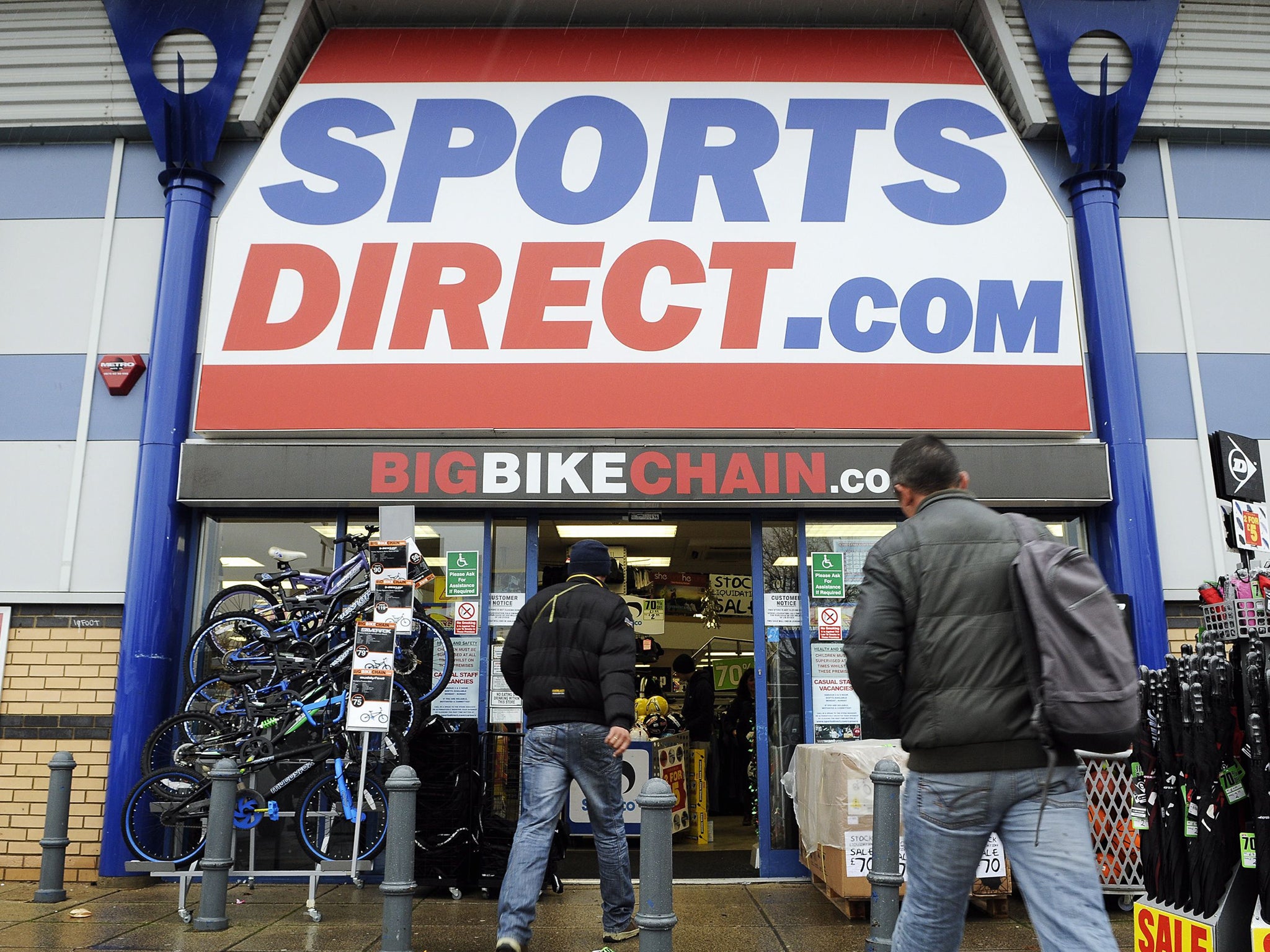Jeremy Corbyn backs new law that could make companies pay their staff up to £1,200 a year more
The new law would force companies to share their profits with workers

Your support helps us to tell the story
From reproductive rights to climate change to Big Tech, The Independent is on the ground when the story is developing. Whether it's investigating the financials of Elon Musk's pro-Trump PAC or producing our latest documentary, 'The A Word', which shines a light on the American women fighting for reproductive rights, we know how important it is to parse out the facts from the messaging.
At such a critical moment in US history, we need reporters on the ground. Your donation allows us to keep sending journalists to speak to both sides of the story.
The Independent is trusted by Americans across the entire political spectrum. And unlike many other quality news outlets, we choose not to lock Americans out of our reporting and analysis with paywalls. We believe quality journalism should be available to everyone, paid for by those who can afford it.
Your support makes all the difference.Jeremy Corbyn is considering a new law to force companies to share their profits with workers. A proposal to make businesses with 50 or more employees set aside at least 5 per cent of their total profits for staff has been endorsed by the Labour leader and will now be considered in an official review, The Independent on Sunday understands.
If the provision is introduced, employees in major supermarkets and high street chains could expect up to £1,200 a year extra in their pay packets, according to House of Commons Library calculations.
Workers at the giant clothing store Sports Direct could earn £507 more each if the proposal is introduced, while staff at Sainsbury’s would make £397. At BT the average employee could take home an extra £1,209.
Mr Corbyn has privately backed the proposal, put forward by Labour MP Gareth Thomas, with the support of the Co-operative Party, and it will be formally considered in Labour’s review of employment rights being carried out by fellow MP Ian Lavery.
Mr Thomas, who is set to introduce the plan in a Private Member’s Bill, said a similar law already exists in France. “My Bill would help to ensure that the lessons from some of Britain’s most successful businesses were embedded in every company, ensuring profits and power are shared,” he said. “Most people have seen little change in their pay packet over the last decade, whilst income at the very top has soared. Employees at all levels of a business should enjoy fairer rewards from the profits their hard work creates.
“Giving employees a greater say and ensuring everyone has an incentive to drive up profits boosts productivity, where Britain lags far behind other G7 countries, by aligning the interests of all employees.”
Mr Thomas also said that firms such as retail giant John Lewis, which operate profit-sharing schemes, often outperform rival companies. He added that the Government needed to champion “shared capitalism”, which puts more value on staff.
However, the profit-share plan has its critics. Simon Walker, director general of the Institute of Directors, said: “This is just plain silly, any AS-level economics student would recognise this plan makes no sense. It would discourage companies from improving products and services, and would be a strong disincentive to take on that 51st member of staff.
“Employee ownership can be very beneficial for companies and staff, and we look forward to more serious proposals to encourage its growth.”
The proposal comes after Mr Corbyn announced plans to ban firms from paying dividends until they paid all their workers the living wage.
In a speech to the Fabian Society’s annual conference in London, Mr Corbyn said he wanted to “institutionalise fairness” in the British workplace, and lashed out at retailer Sports Direct over recent allegations that its staff were effectively paid below the minimum wage.
Sports Direct has, though, pioneered a profit-sharing scheme. Last year, around 2,000 staff were told they would receive share bonuses worth £77,000 each. However, thousands miss out because they are on zero-hours contracts.
The Labour leader said that fairness needed to be “hardwired” and claimed the “scandal of Sports Direct” had shocked people into action.
He promised to introduce a new set of rights for all workers from the first day of a Labour government in 2020 in a bid to stop “exploitation”.
“It was [social reformer] Beatrice Webb who coined the term ‘collective bargaining’ – recognising that together we bargain, alone we beg,” he said. “But we need to go beyond that and ensure that everyone benefits when companies succeed.” One plan, he said, “would be to bar or restrict companies from distributing dividends until they pay all their workers the living wage”. He added that “a more equal society ... does better in terms of economic stability and wealth creation”.
Join our commenting forum
Join thought-provoking conversations, follow other Independent readers and see their replies
Comments